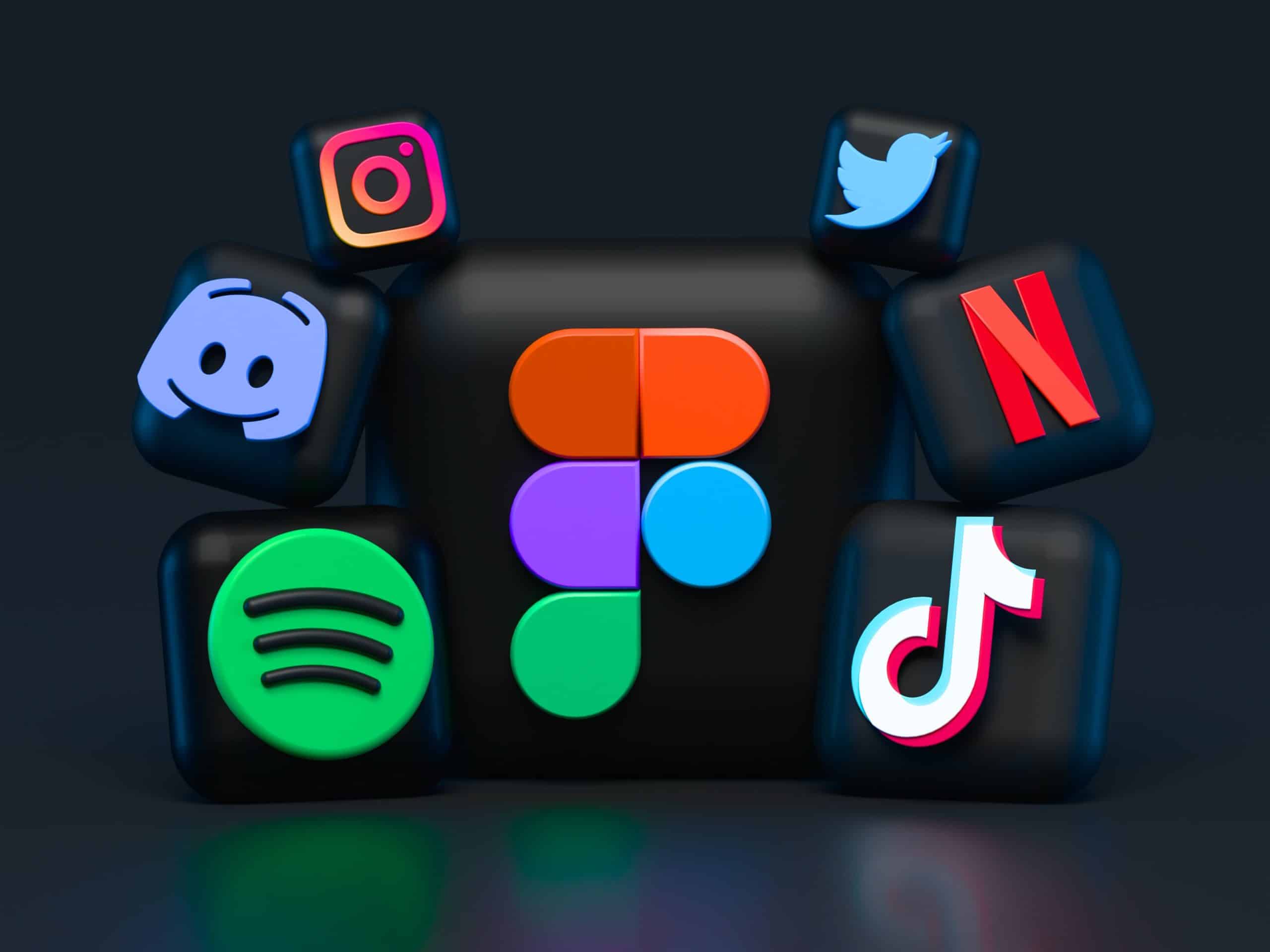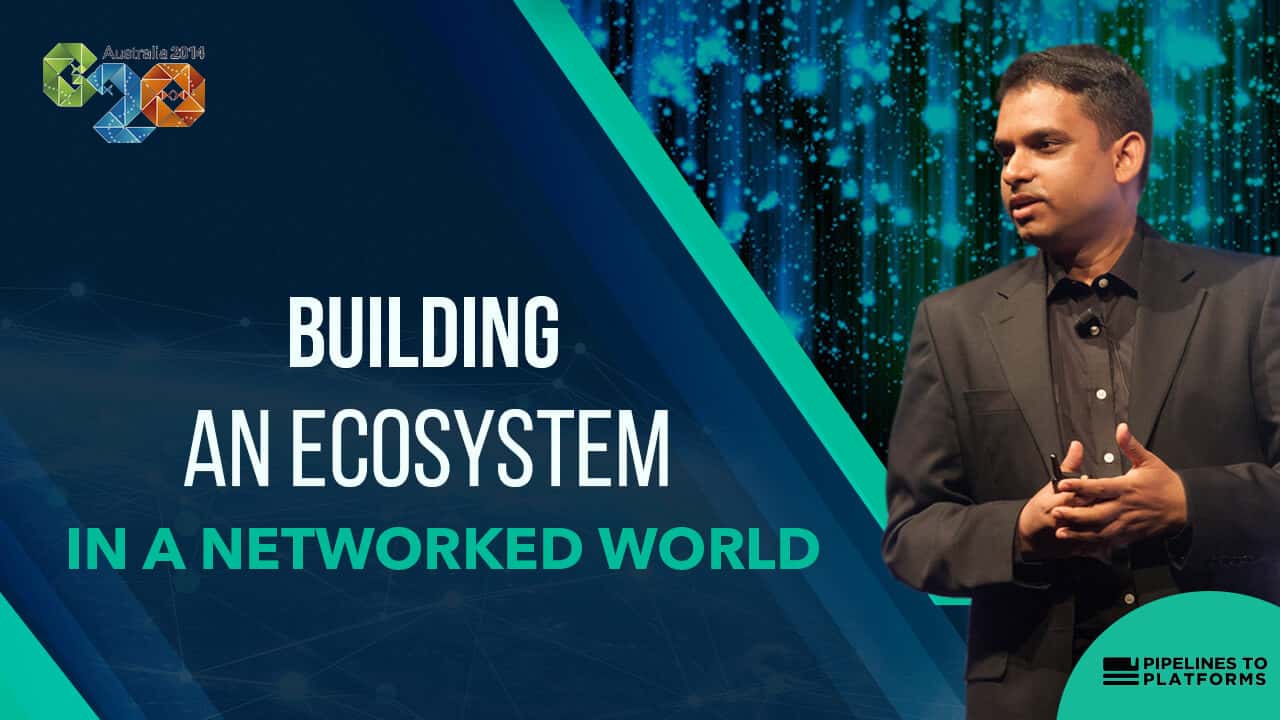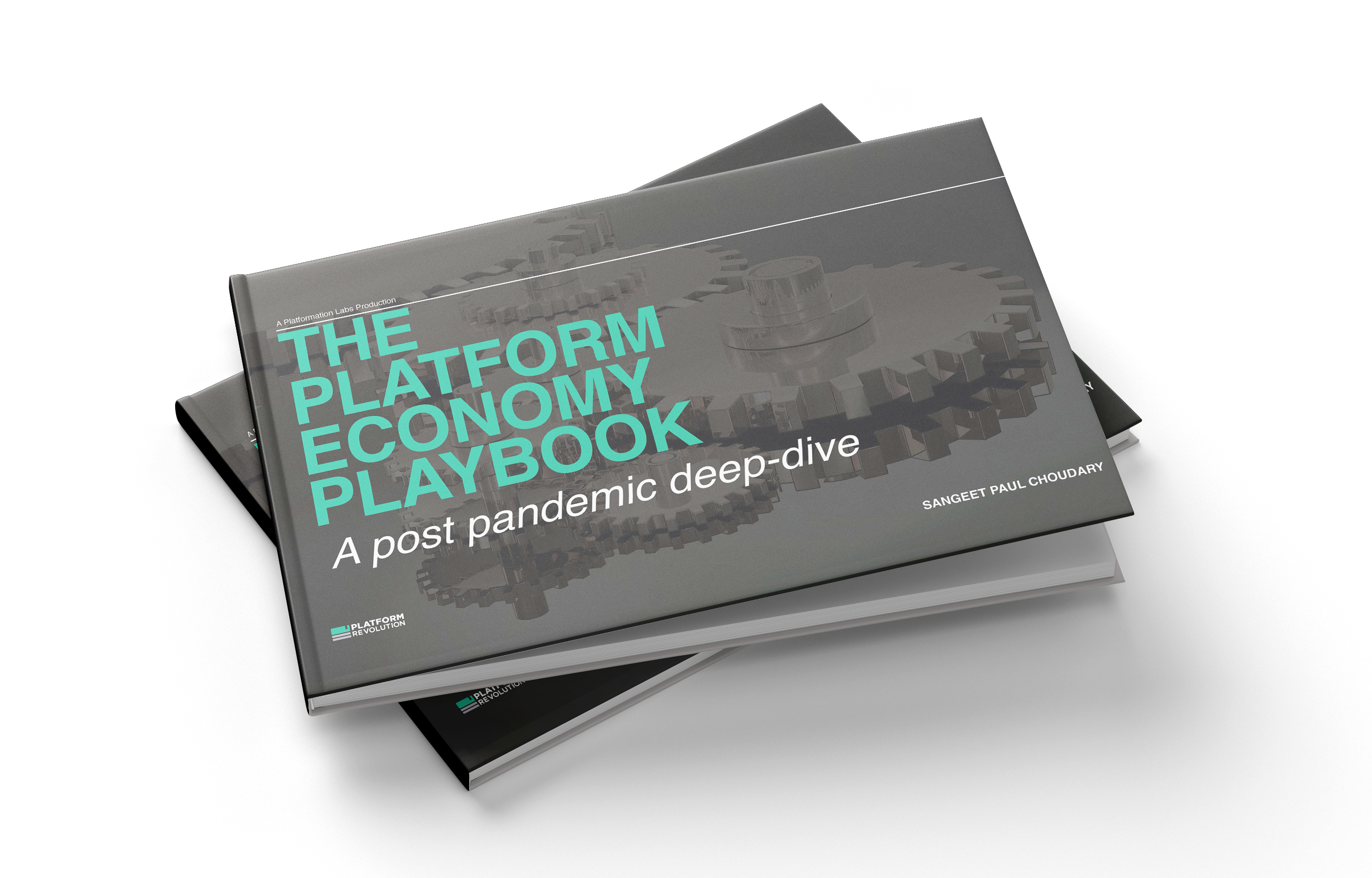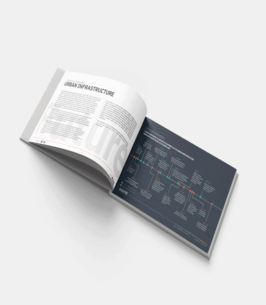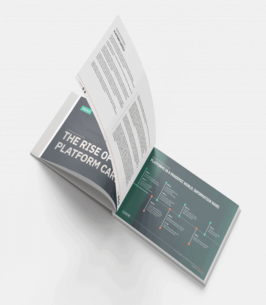Growth
Exclusivity: The antisocial way to seed a social product
“There’s an app for that” is the new “Why don’t you Google it?”
The internet has been characterized by overabundance. Overabundance is good when you have a guaranteed match for everything you look for but it can be a major pain when it results in noise and the subsequent needle-in-haystack frustration that follows.
Users have also started showing social network aversion as social networks which take off, move from being useful to being spammy.
Exclusive access can create buzz
Gmail’s exclusivity was a masterstroke from Google that enabled it to enter and dominate a product space as commodified as email. Gmail was definitely a more innovative product with a faster loading time (often the key pain point with email) complemented with a simple and intuitive interface and strong spam filters.
The fact the Gmail was exclusive and could be accessed only through an invite created widespread anticipation for the product. The fact that it launched at a time when Google could get very little wrong only helped increase the buzz.
Exclusive access can guarantee quality
Students at a top-tier university like Harvard love exclusive access. Facebook provided exactly that.
CupidCurated figured that the key pain point for women on an online dating service was the high number of stalkers who only served to increase noise and drive them away. This led it to create a system where a network of real women would whet out new users before allowing them to join the network, thus making the network much more valuable to its participants.
Ladders has been highly effective in competing with other job portals by focusing and allowing exclusive access to users with a high salary. Job seekers would often get frustrated on other portals searching for relevant jobs, and recruiters would face similar frustration finding the right applicants.
Exclusivity: the antisocial way to seed a social product
Feel Free to Share
Download
Download Our Insights Pack!
- Get more insights into how companies apply platform strategies
- Get early access to implementation criteria
- Get the latest on macro trends and practical frameworks
But don’t let it come in the way of critical mass
How do you get to critical mass if you restrict access? Clearly, exclusivity doesn’t apply to all products and all scenarios.
1. Be exclusive to a complete universe: Exclusivity worked for Facebook because the startup, while being exclusive, still targeted a complete universe: the universe of Harvard students. There was no exclusivity within that group.
2. Bring high-quality producers and high quality consumers together: Exclusivity worked for Ladders because it brought recruiters offering high-paying jobs and a pool of much-sought-after job candidates together.
3. Provide backward compatibility: Exclusivity worked for Gmail because of the nature of the product. Email, in general, is backwards/sidewards compatible. Users on Gmail were not hampered by exclusivity because they could still interact with users (send/receive mails) with non-Gmail users. While this seems obvious for a case like email, it is important to build some sort of backward compatibility while being exclusive. This is especially important while introducing new payments products.
And finally, a footnote on Google Wave
Google carried the exclusivity thing a bit too far when it launched Wave with a limited invite system as well. Wave had no backward compatibility. It needed other users to be on board for them to be able to collaborate. It sounds so counter-intuitive in hindsight. It would have been fairly easy to seed it by allowing users to log on freely and invite their friends. Hence, with a limited user base, Wave was practically useless for early users. By keeping invites at a premium, it made it difficult for users to effectively solve this problem by inviting their friends. Essentially, it never ended up targeting a complete universe and without any backward compatibility, never got to critical mass.
Overall, exclusivity is a great strategy to compete in a crowded space but needs to be implemented carefully.
What do you think about invite-only launches?
TWEETABLE TAKEAWAYS
Exclusivity: the antisocial way to seed a social product Share this
When exclusivity works… and when it doesn’t Share this
Is an invite-only launch a good idea? Share this
State of the Platform Revolution
The State of the Platform Revolution report covers the key themes in the platform economy in the aftermath of the Covid-19 pandemic.
This annual report, based on Sangeet’s international best-selling book Platform Revolution, highlights the key themes shaping the future of value creation and power structures in the platform economy.
Themes covered in this report have been presented at multiple Fortune 500 board meetings, C-level conclaves, international summits, and policy roundtables.
Subscribe to Our Newsletter





